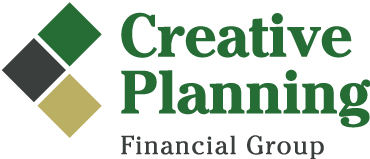Tax season has come to a close, but that doesn’t mean your financial planning should take the backseat. As tax refunds roll in and we are left with a little extra cash in our pockets, spending temptations can easily cause us to veer off our trajectory.
Like a car, financial plans require regular maintenance in order to perform their best. Don’t wait until your car breaks down to visit the mechanic. The same goes for your financial plan: start to look at your tax refund as part of your yearly financial maintenance. It is not a windfall but a chance to reinforce your finances, making them run with more efficiency, for longer.
Without sounding too much like your father, it comes down to a responsibility. How would your tax refund be most effectively used?
A little proactive planning will ensure that you don’t live your retirement years running on empty.
The Potential of Reinvestment
Let’s consider Marc, a 40-year old executive at a private company. He was paid $300,000 in 2023. This income places him in the highest marginal tax bracket. As of 2024, income over $246,752 is taxed at 53.53%.

Marc decided to contribute $30,780 to his RRSP in 2023. The tax refund for this contribution is $16,477. If Marc takes his $16,477 refund and invests it, by the time he is 70, that one refund will have grown to $116,066 (assuming an annual rate of return of 6.5%).
The Power of Compounding

Rather than considering his refund as “found money”, Marc decides to invest that $16,477 every year for the next 30 years in addition to taking full advantage of his RRSP contribution room. By the time Marc reaches 70 years of age, his “Refund Account” will grow to $1.6 million.
What is often overlooked is that the refund, in effect, represents an interest free loan – essentially allowing you to delay paying taxes on the amount you contributed to your RRSP. If you choose to not reinvest you are ignoring one of the key principles of investing; i.e., let time in the markets and compounding do its work.
Albert Einstein called compound interest “the eighth wonder of the world” stating that, “he who understands it, earns it, he who doesn’t, pays it.”
Compounding is a concept that we get very excited about. See our blog: “The Power of Compounding: Good Things Come To Those Who Wait.”
Looking for other ways to maximize your refund? Your first priority should be reducing high interest non-deductible debt. By repaying debt, you are locking in a risk-free rate of return that is equal to the interest rate of your debt. This has become especially relevant given the current high interest rate environment we find ourselves in.
Where are you on your road to retirement? How much trust do you have in your finances to get you there? Let us be your financial mechanics, implementing proper maintenance so you can cruise into your retirement with ease.


